Why Is My Baby Fussy After Eating
Why is my baby fussy after eating. Fussiness after feeding could indicate abdominal discomfort. Some babies are sensitive to certain foods and you picked a good one to try stopping. The following are the most likely reasons.
Other reasons include lack of appetite due to illness not getting enough milk having a growth spurt or even needing to be burped. When a baby is fussy at the breast one of the first thoughts is often about foods in Moms diet. If your baby criesscreams frequently starting right at birth he may be doing this because of his sensitive temperament.
Besides fussiness after feedings signs of either. Growth spurt hunger. Gas that causes significant upset often indicates a problem beyond normal newborn gassiness.
Read on to find out what it means when your baby is fussy after eating. A common cause of fussy colic-like symptoms in babies is foremilk-hindmilk imbalance also called oversupply syndrome too much milk etc andor forceful let-down. Your baby isnt eating or sleeping well.
If your baby is fussy when youre feeding them spits up a lot or has symptoms of reflux arching their back fussiness after eating spitting up with most feedings those may also be signs you. There is no single reason why a baby may cry right after a feed. If your baby cries after feeding it does not always indicate underlying pathology.
Typically your doctor will recommend a new formula only if your child shows signs that she may be allergic or intolerant to the proteins in milk. Common feeding issues for fussy babies include. Other causes of fussiness in babies include diaper rash thrush food sensitivities nipple confusion low milk supply etc.
Parents of fussy or high need babies often report short unpredictable and difficult feedings regardless of whether the baby is breastfed or formula-fed. If your baby is simply colicky the first 2-3 weeks should be relatively calm.
Talk to your doctor for a proper diagnosis.
Common feeding issues for fussy babies include. Other reasons include lack of appetite due to illness not getting enough milk having a growth spurt or even needing to be burped. Your baby isnt eating or sleeping well. If your baby is crying during a bottle feeding it is possible that your baby might have an allergy especially if your baby is drinking formula but an allergy is not always the cause. If your baby is simply colicky the first 2-3 weeks should be relatively calm. There is no single reason why a baby may cry right after a feed. Besides fussiness after feedings signs of either. Read on to know more about the non-pathological and pathological causes that may make a baby cry after feeding. Typically your doctor will recommend a new formula only if your child shows signs that she may be allergic or intolerant to the proteins in milk.
Some babies are sensitive to certain foods and you picked a good one to try stopping. Boredom loneliness diaper rash low supply of milk forceful let-down fatigue thrush teething and more. If your baby is fussy when youre feeding them spits up a lot or has symptoms of reflux arching their back fussiness after eating spitting up with most feedings those may also be signs you. Apart from the caffeine issue above most mothers can eat most foods without causing a nursing problem. Besides fussiness after feedings signs of either. Many things can make your baby fussy. Other reasons include lack of appetite due to illness not getting enough milk having a growth spurt or even needing to be burped.
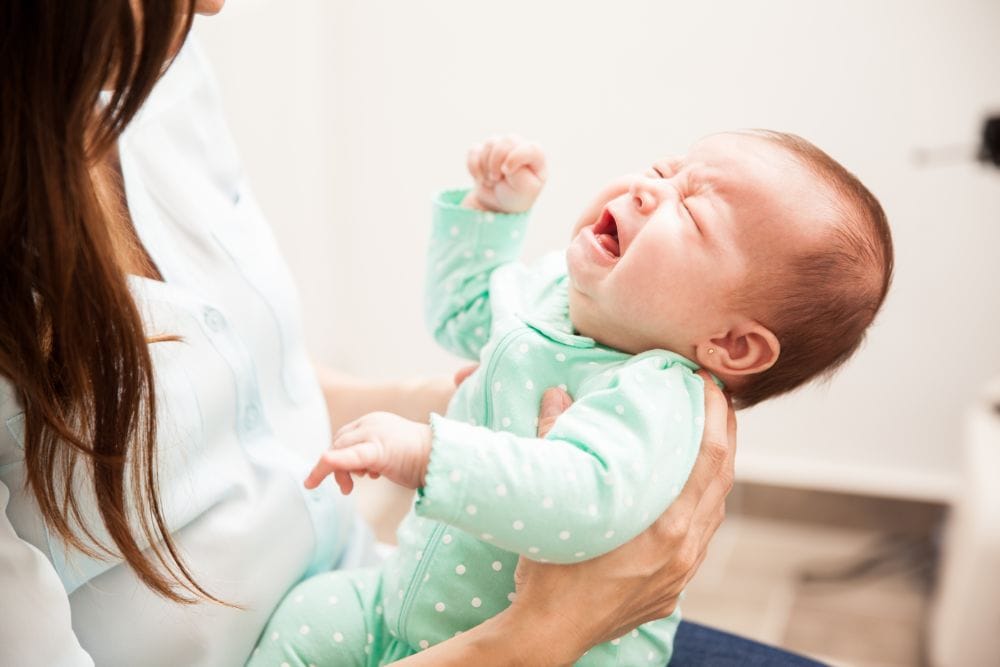

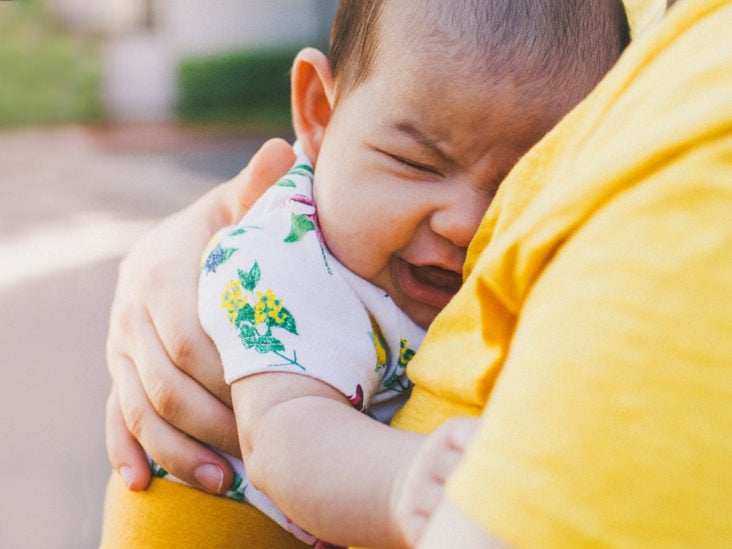

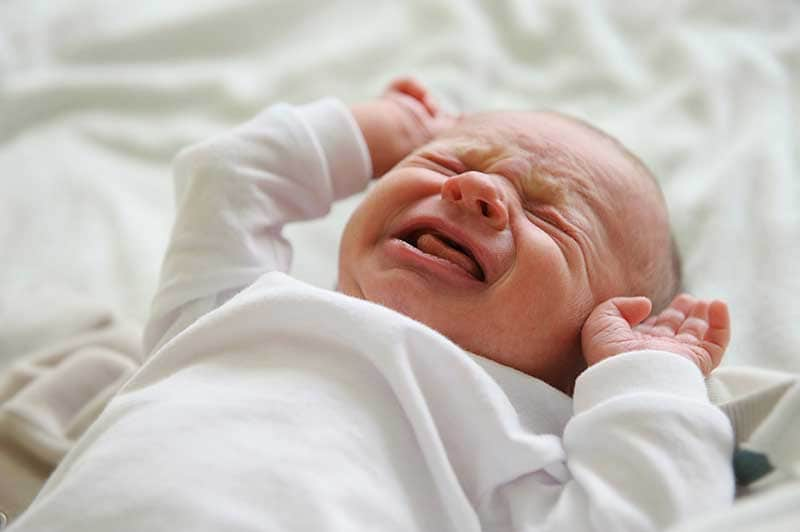

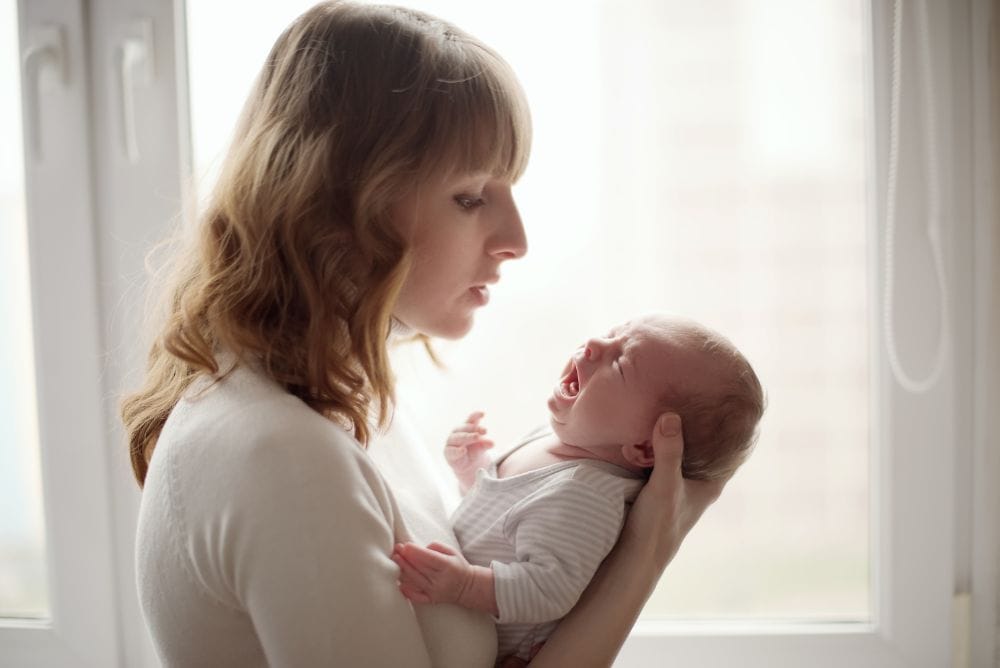



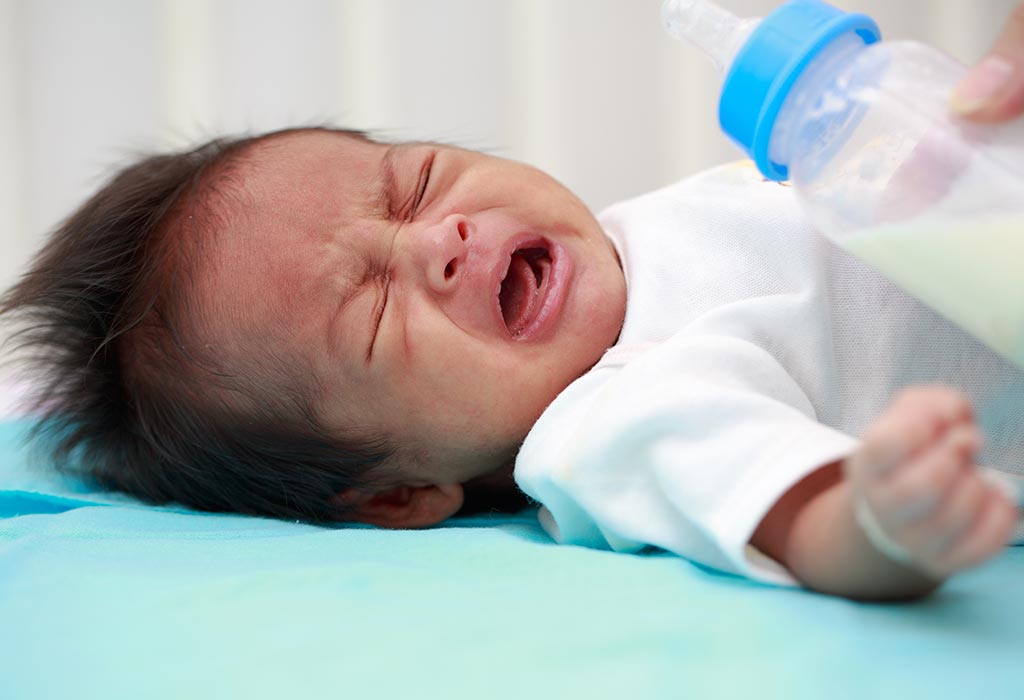




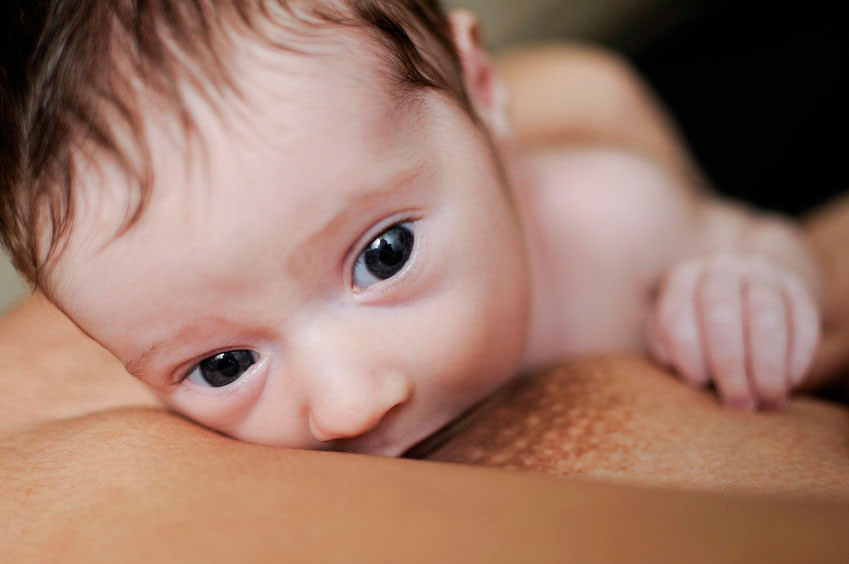


/157859430-56a0596f5f9b58eba4b000cb.jpg)

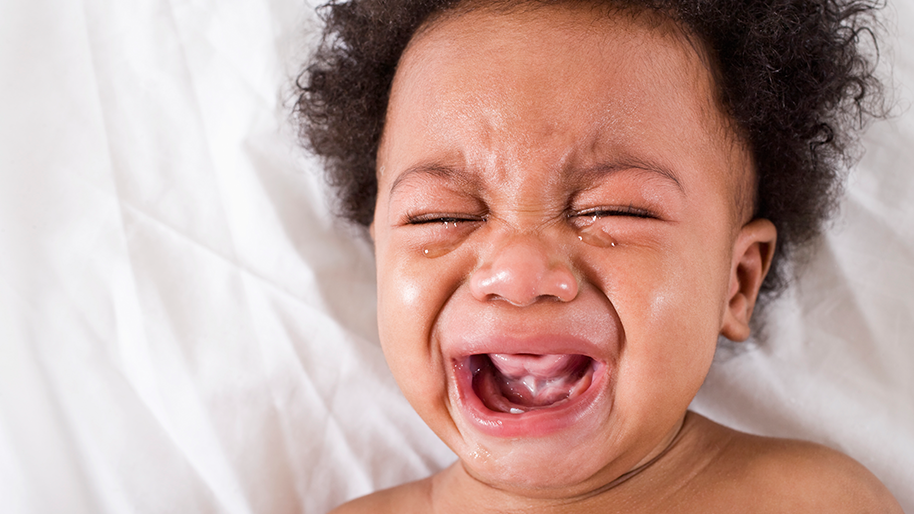
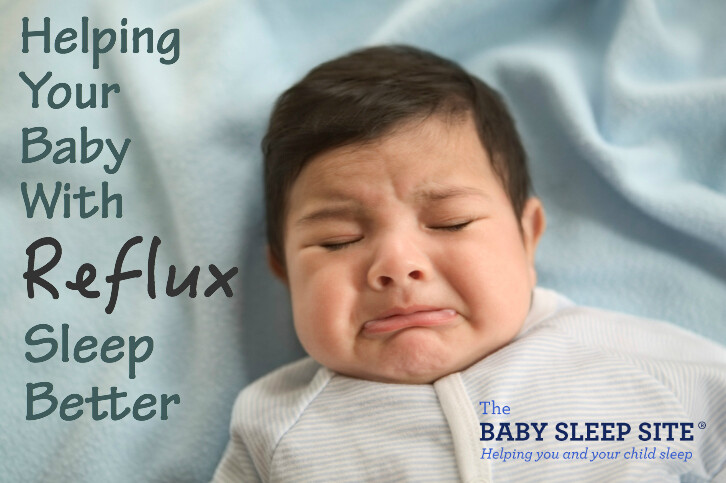

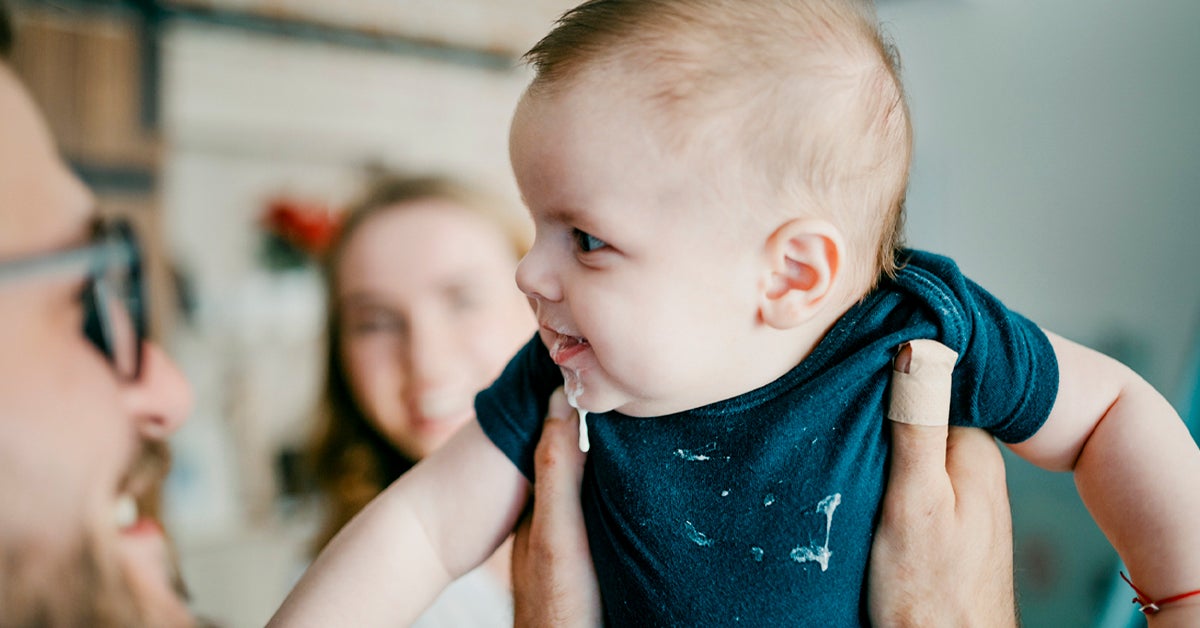


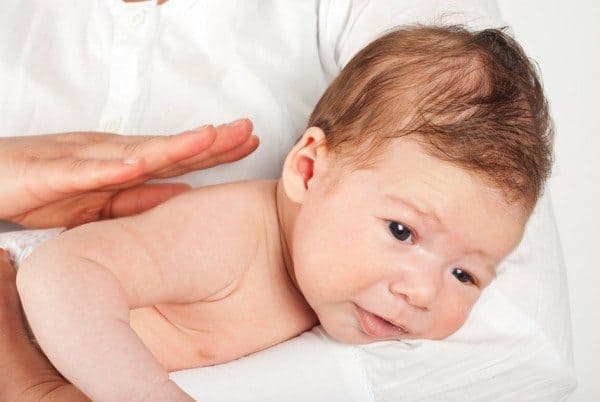


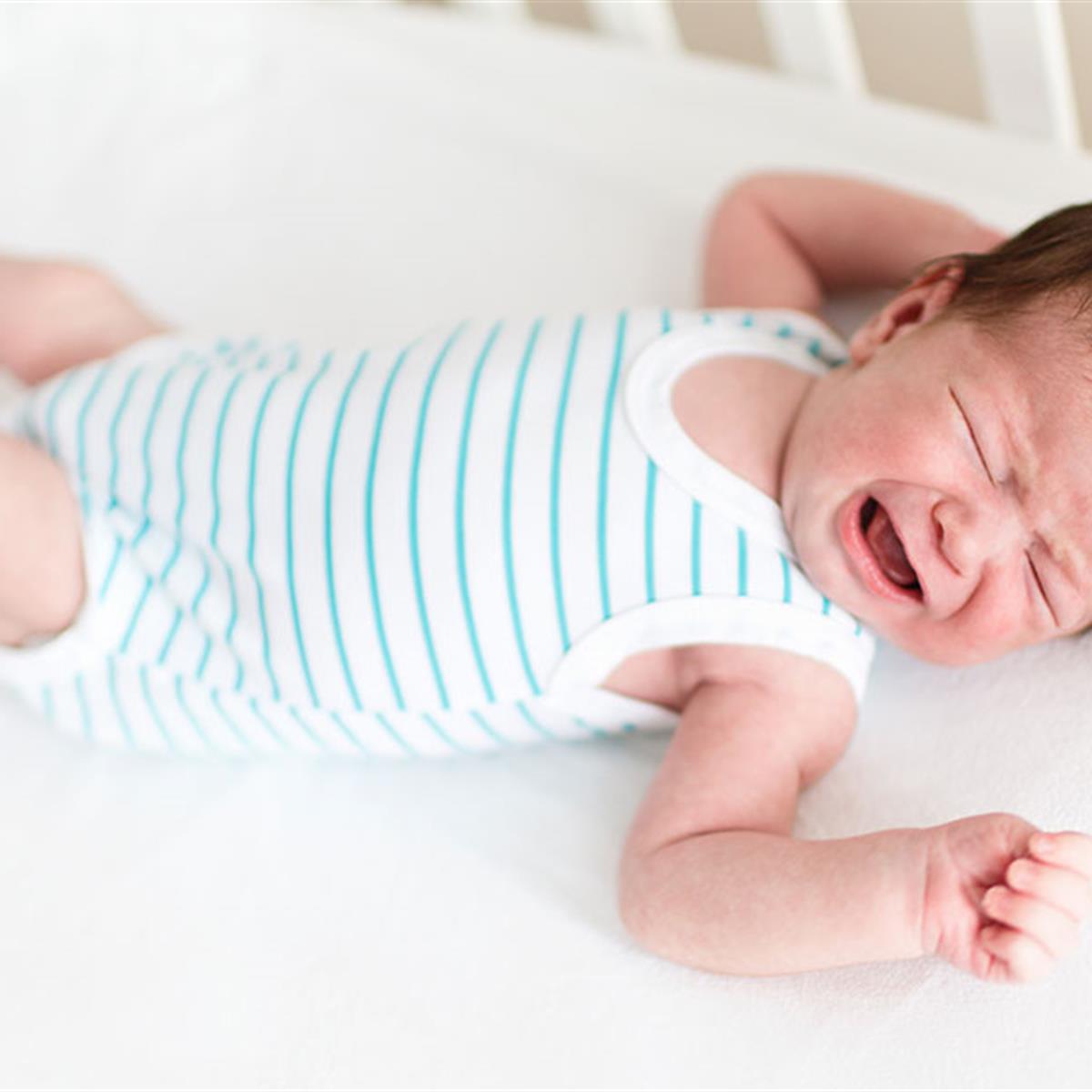

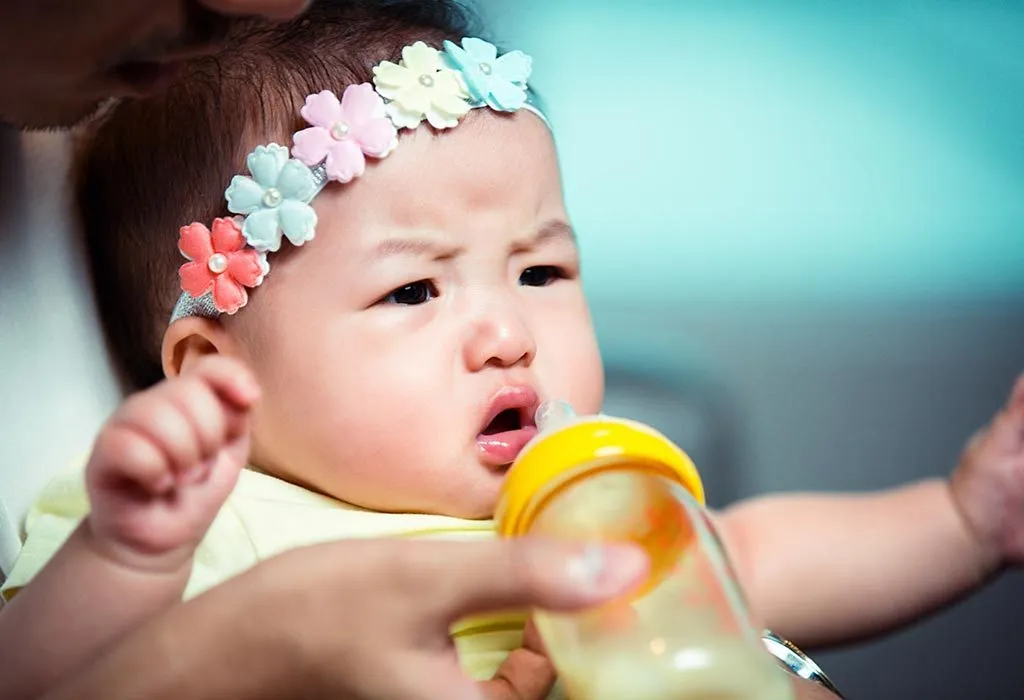
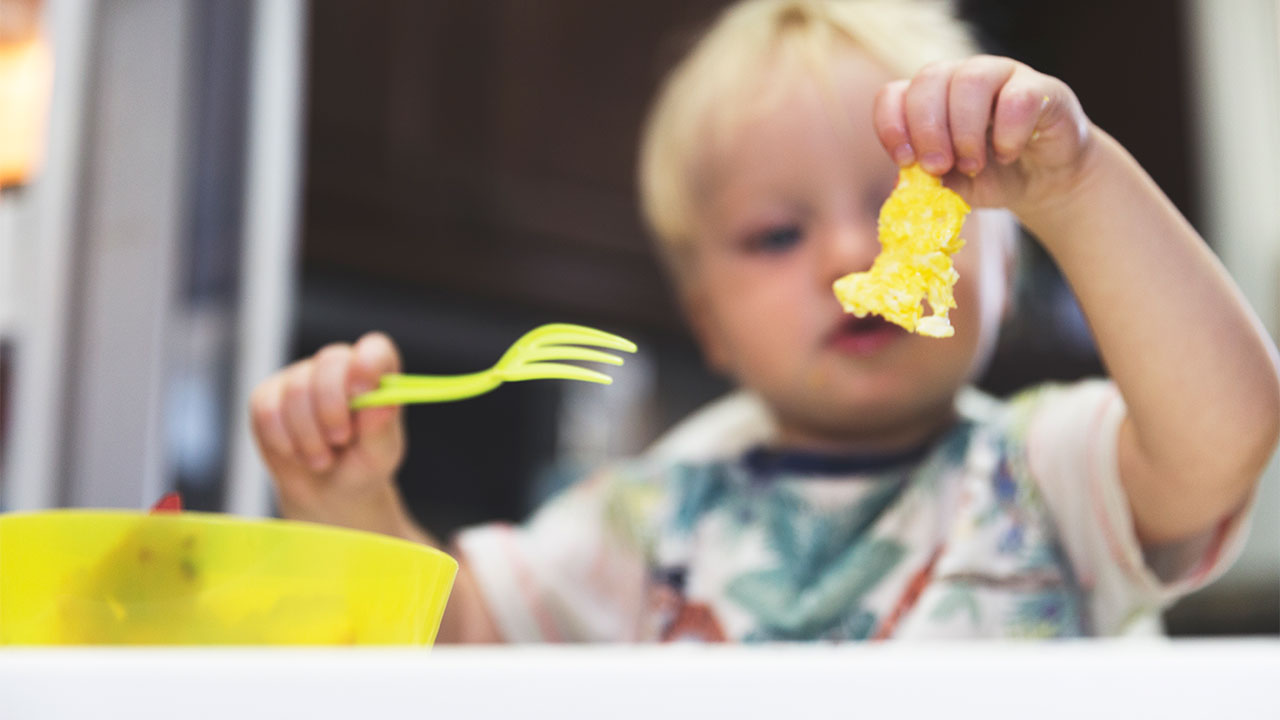
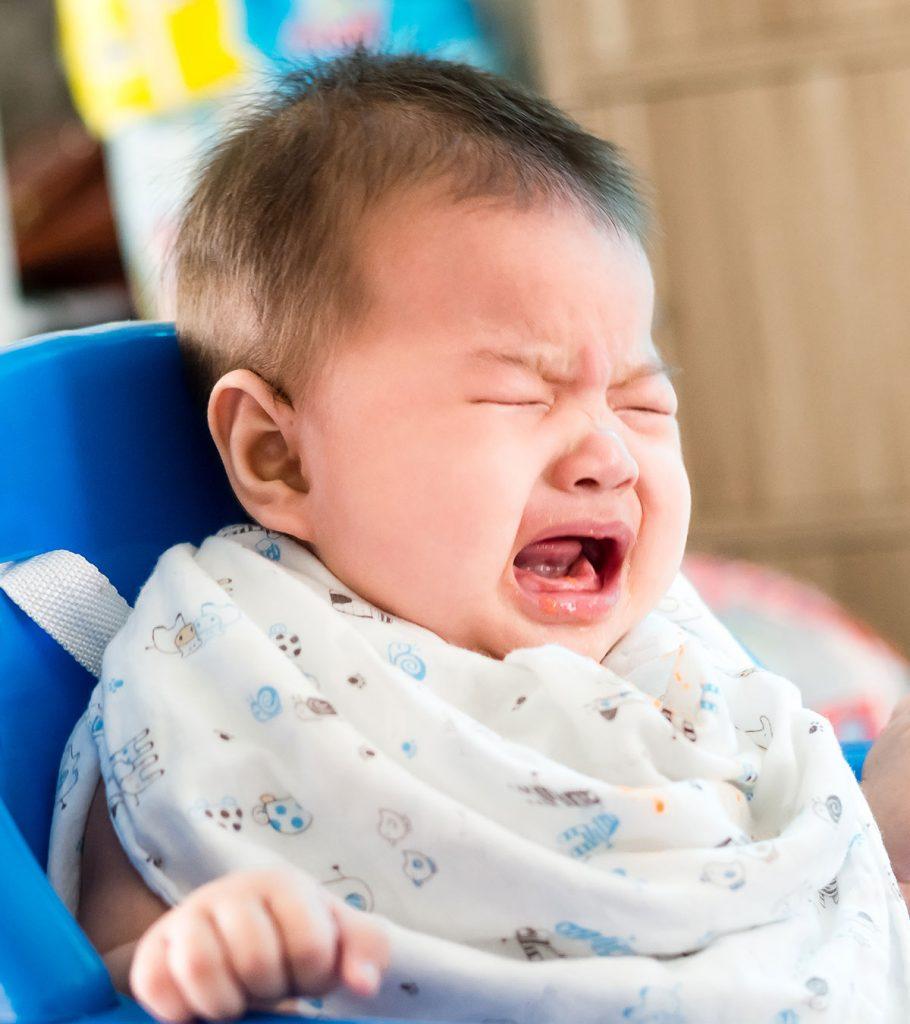
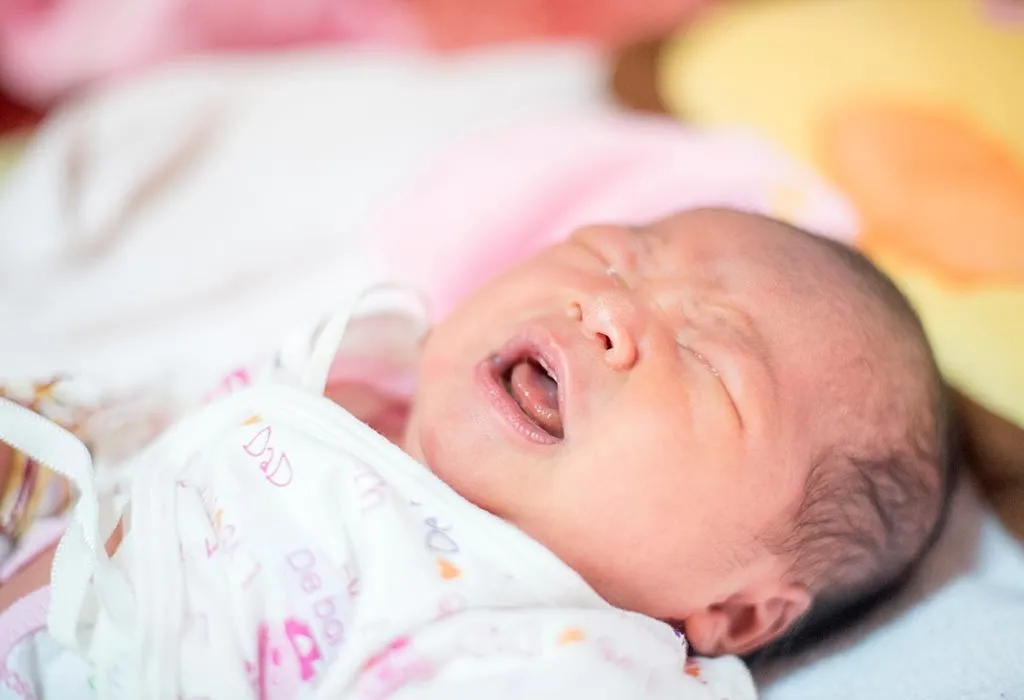
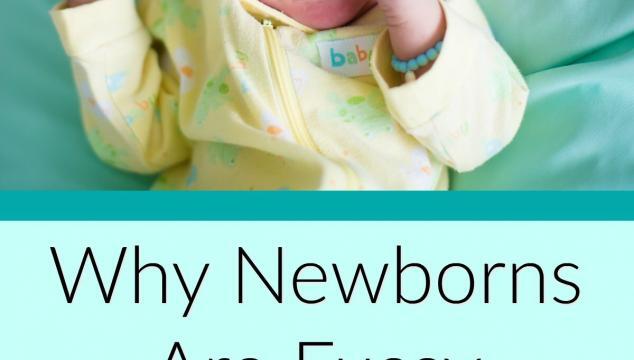
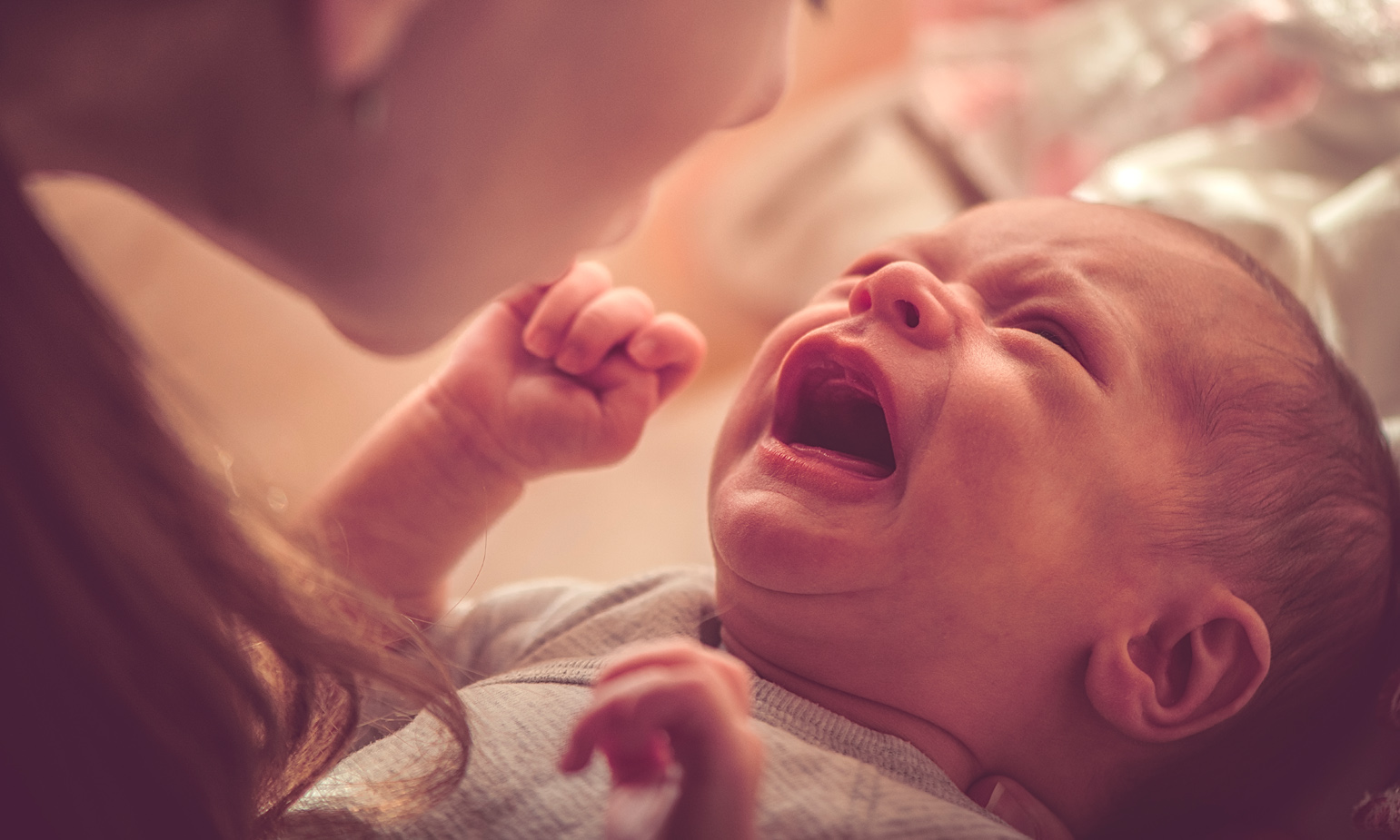




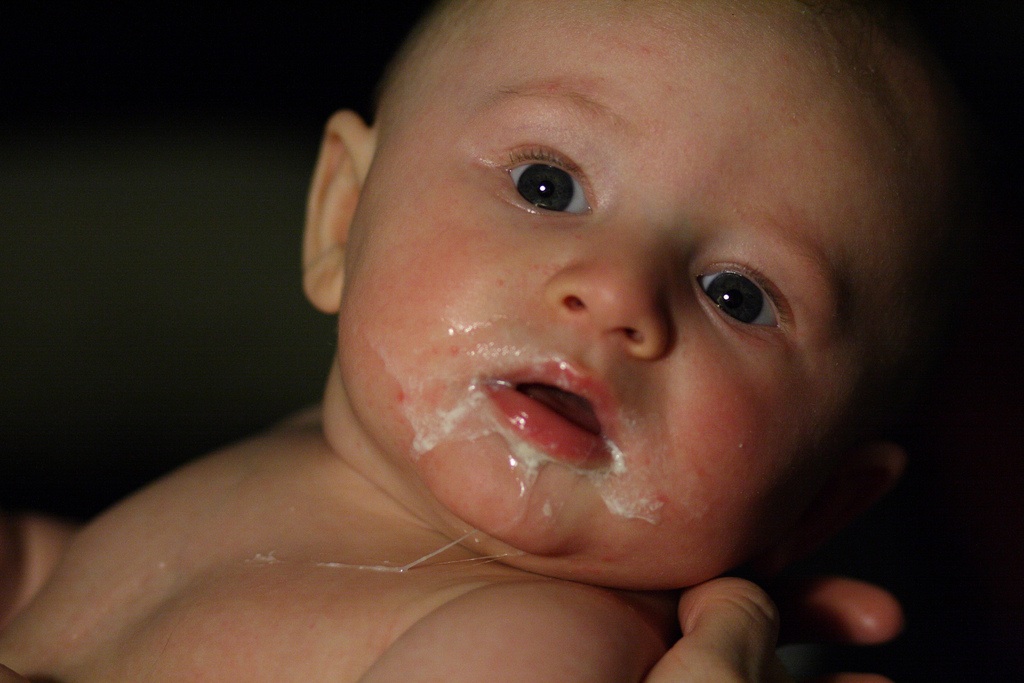

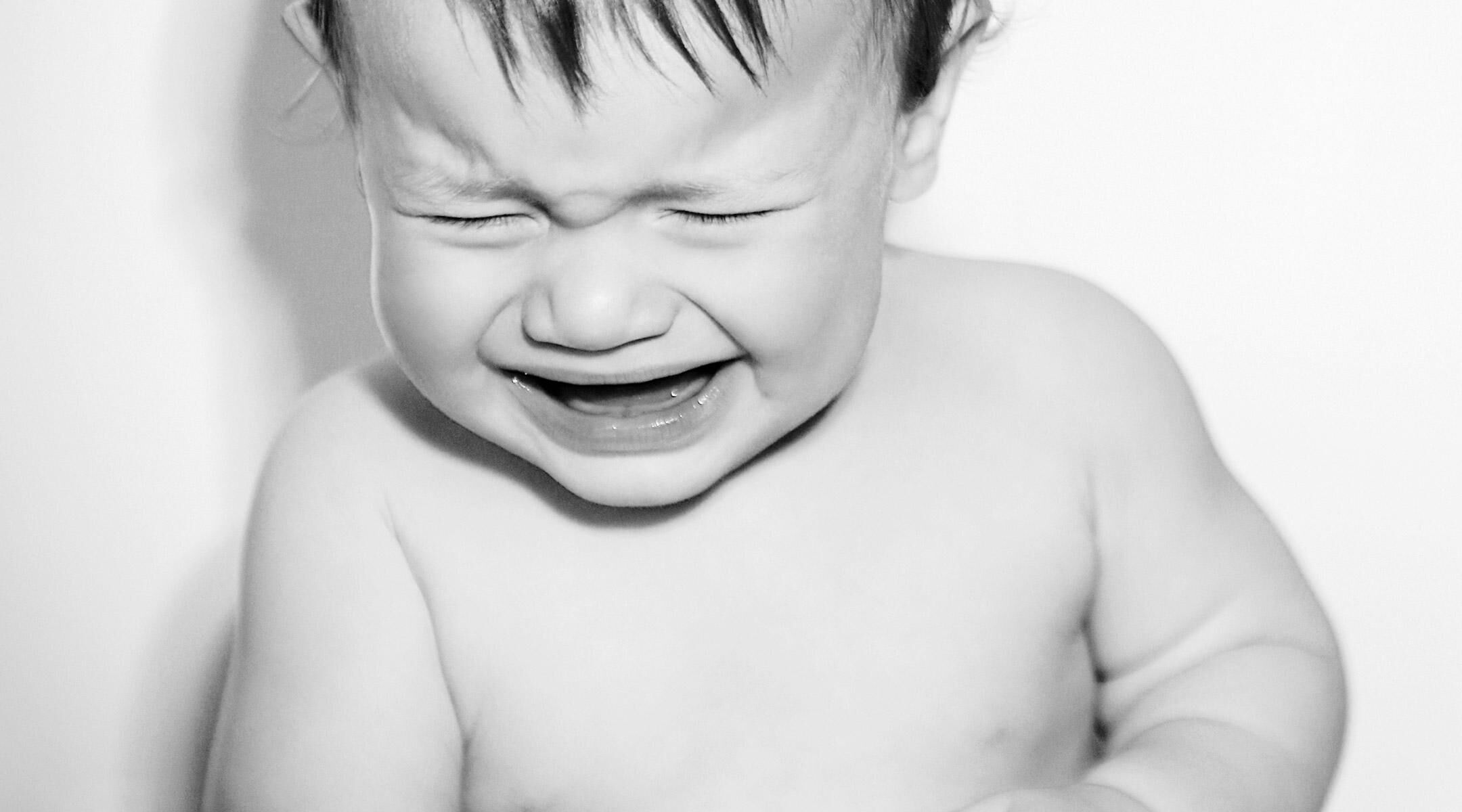

Posting Komentar untuk "Why Is My Baby Fussy After Eating"